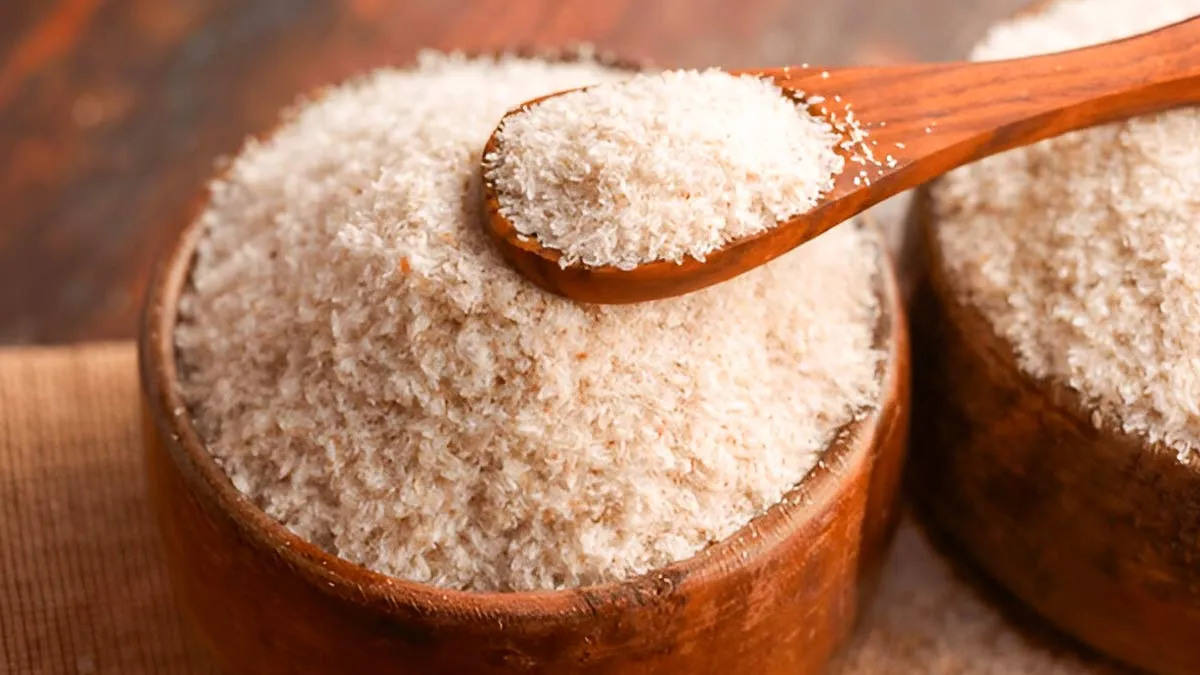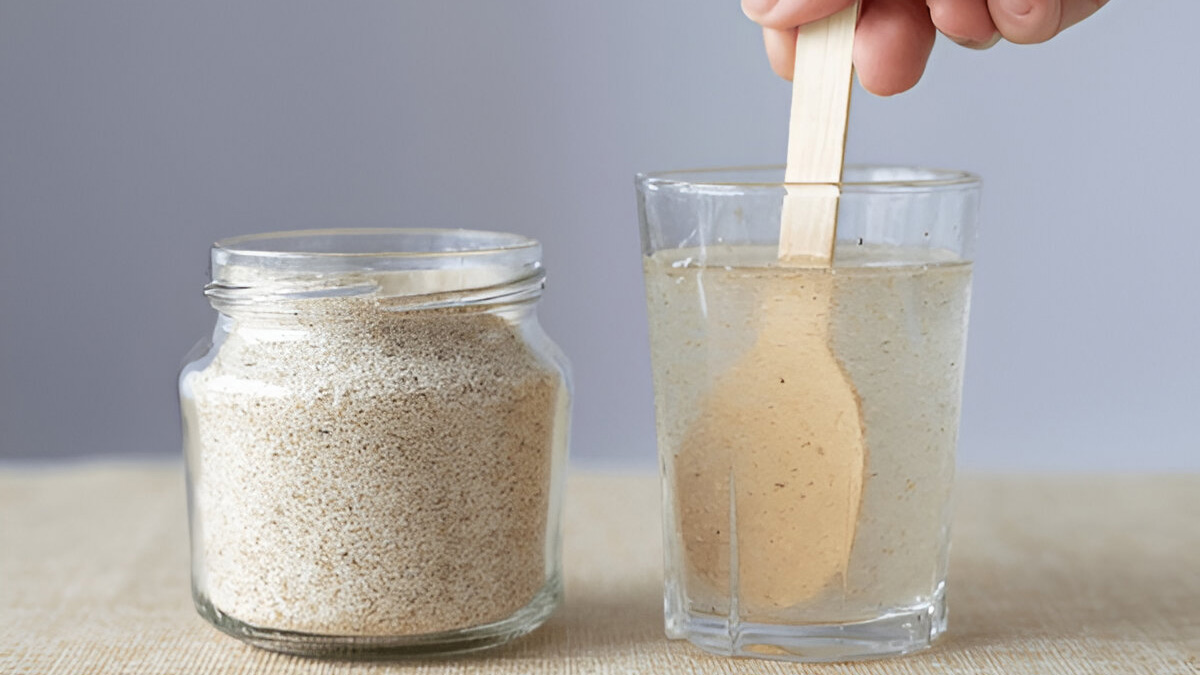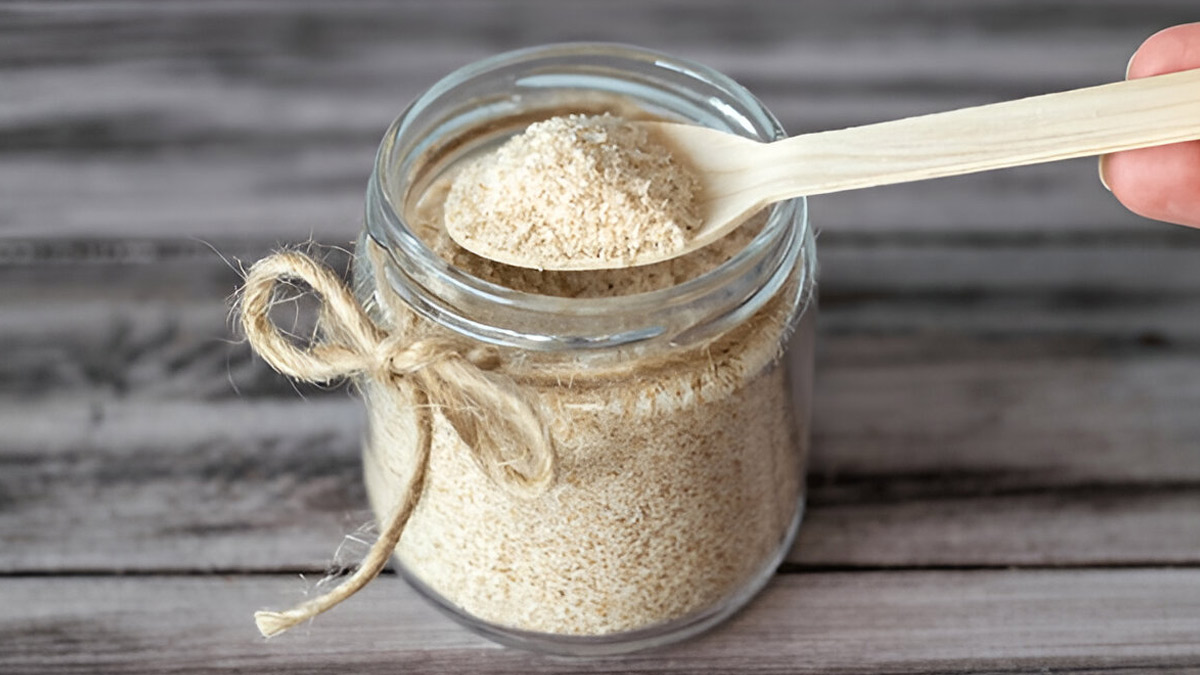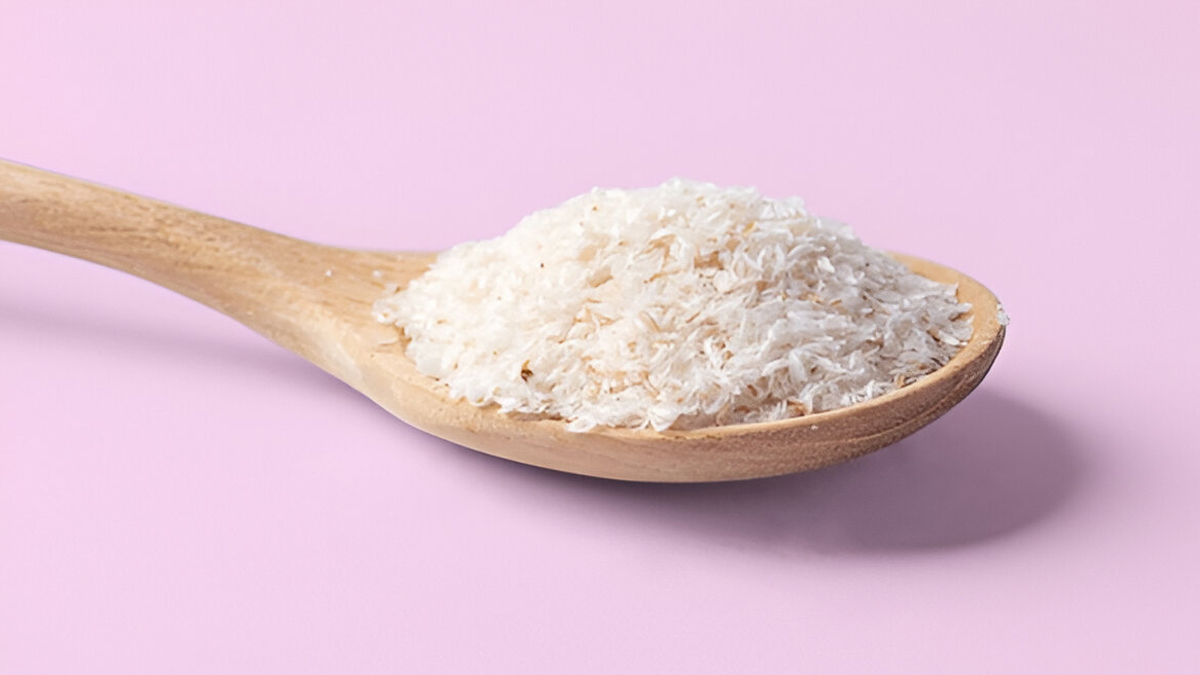
Ozempic, also known as semaglutide, is becoming increasingly popular for weight loss, is primarily used to treat type 2 diabetes. Medically speaking, it is a GLP-1 agonist used for weight loss, type 2 diabetes, and reducing cardiovascular and kidney risks by regulating appetite and blood sugar. However, it is also infamous for its side effects. Weight loss is one of its many side effects, popularised as a benefit of taking the drug.
So, what if we told you there might be a natural alternative? Meet nature’s very own Ozempic: psyllium husk. But is it as beneficial? We asked an expert.
Also Read: What Is Psyllium Husk, The New Superfood Lo Lower Cholesterol Levels?
What is Psyllium Husk?

In an interaction with the OnlyMyHealth team, Dr Pooja Pillai, Consultant – Physician and Diabetologist, Aster CMI Hospital, Bengaluru, describes psyllium husk as a natural fibre made from the outer layer of the seeds of the Plantago ovata plant. "It's often used as a gentle, plant-based remedy to relieve constipation and support gut health."
In general, people use psyllium as a dietary supplement, available in the form of husk, granules, capsules, or powder. According to a study published in the Journal of the American Association of Nurse Practitioners, only about 5% meet the recommended intake of fibre, which is why researchers found that gel-forming fibres like psyllium and β-glucan can work wonders, especially when it comes to lowering cholesterol and controlling blood sugar.
Is Psyllium Husk ‘Nature’s Ozempic’ As People Are Calling It?

Psyllium husk is lately being compared to Ozempic. According to Dr Pillai, this is because psyllium creates a gel-like substance in the gut that slows digestion, helping people feel fuller for longer, somewhat mimicking Ozempic’s appetite-suppressing effect.
""When you mix it with water and drink it, it forms a thick, gel-like substance in your stomach. This slows down how quickly your stomach empties, helping you feel full for longer. That feeling of fullness can reduce the urge to snack or overeat. It also helps balance blood sugar levels, which can curb cravings. Think of it as a natural way to support mindful eating and no harsh chemicals, just a little extra help from nature to make healthier choices easier and keep hunger in check," she explains.
The doctor further notes that while it’s not a drug and doesn’t work as powerfully as Ozempic, psyllium offers a natural, affordable alternative that can support healthy habits when used consistently.
A 2023 review and meta-analysis looked at how psyllium affects weight loss in overweight and obese individuals. Researchers analysed six clinical trials involving 354 participants, where psyllium (about 10.8 g/day) was taken before meals for nearly five months. Results showed it led to an average weight loss of 2.1 kg, a drop in BMI by 0.8 points, and a reduction in waist size by 2.2 cm, all statistically significant.
Benefits Of Psyllium Husk
Beyond helping with weight and blood sugar, it’s best known for keeping digestion smooth, relieving constipation and promoting regular bowel movements, shares Dr Pillai, adding that it also supports heart health by lowering “bad” Low-Density Lipoprotein (LDL) cholesterol without affecting the “good” kind.
“Some studies suggest it can gently lower blood pressure too.
“For those with Irritable Bowel Issues (IBS), psyllium can ease discomfort without being harsh,” Dr Pillai adds.
Also Read: Psyllium Husk For Digestive Health: Beat Constipation The Natural Way
What Are The Risks Of Psyllium Husk And Who Should Avoid It?

Psyllium husk is generally safe, but like anything, it’s best to start slow and listen to your body.
People who take psyllium must ensure that they do not consume an excess amount of the fibre source. “Some people may feel bloated or gassy at first, especially if they’re not used to high fibre,” warns Dr Pillai.
She adds that it’s super important to drink plenty of water with it; otherwise, it can swell too much and cause choking or blockages.
Rarely, people may be allergic and experience itching or trouble breathing.
NOTE: If you’re on medications or have digestive issues, it’s smart to check with your doctor first. When used mindfully, psyllium can be a gentle, helpful part of your health routine.
Conclusion
While psyllium husk may not be as fast-acting as Ozempic, it offers a natural, low-risk alternative that supports weight management, blood sugar control, better digestion, and improved heart health. When taken consistently and with adequate water, it can be a safe and effective addition to a healthy lifestyle. As with any supplement, it's important to start slow, stay hydrated, and consult a healthcare provider, especially if you have existing medical conditions.
Also watch this video
How we keep this article up to date:
We work with experts and keep a close eye on the latest in health and wellness. Whenever there is a new research or helpful information, we update our articles with accurate and useful advice.
Current Version